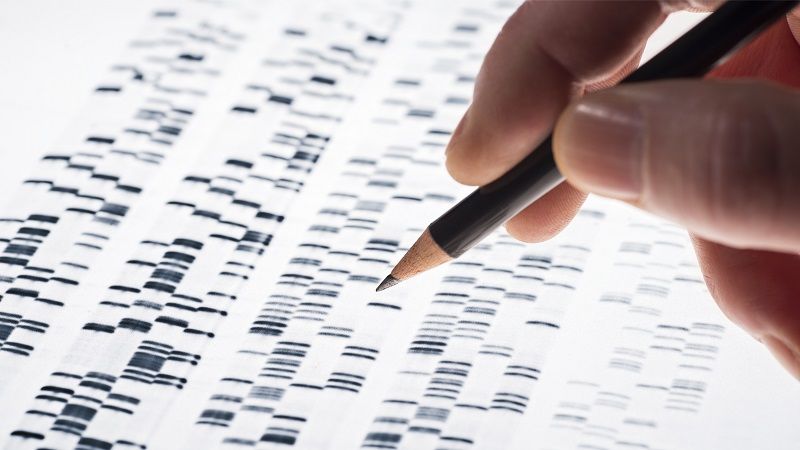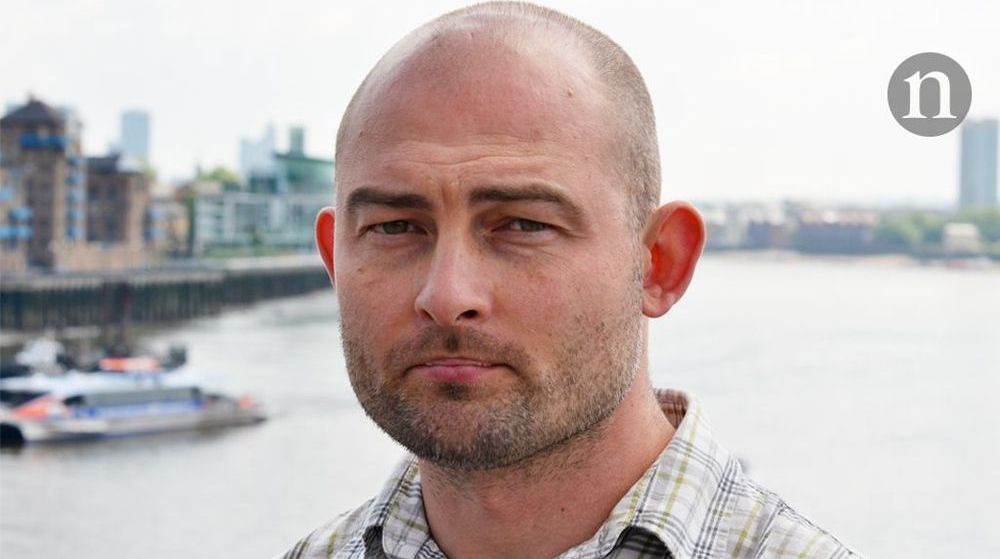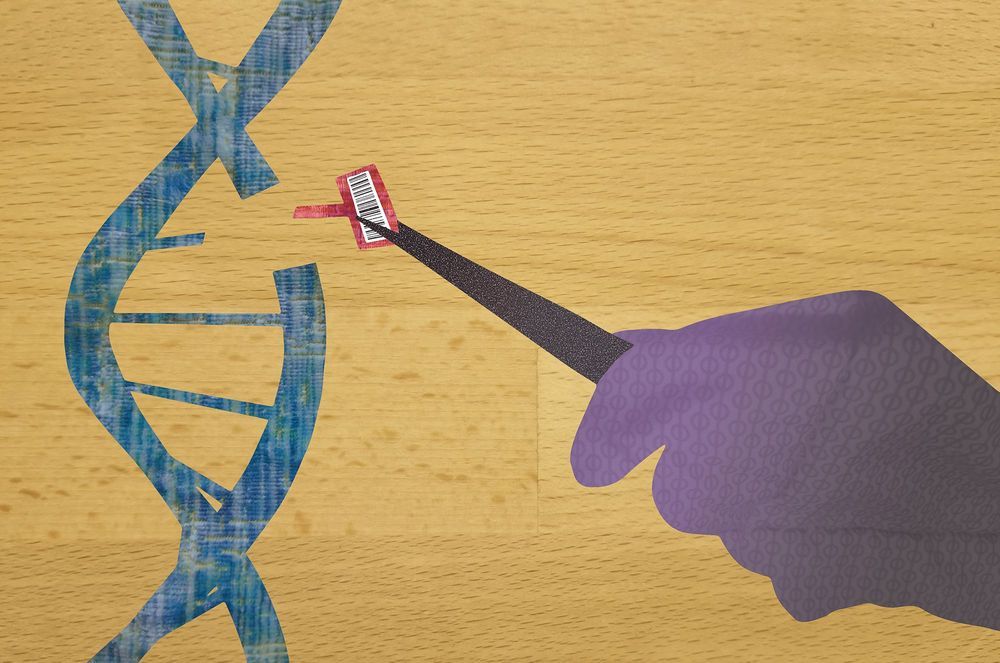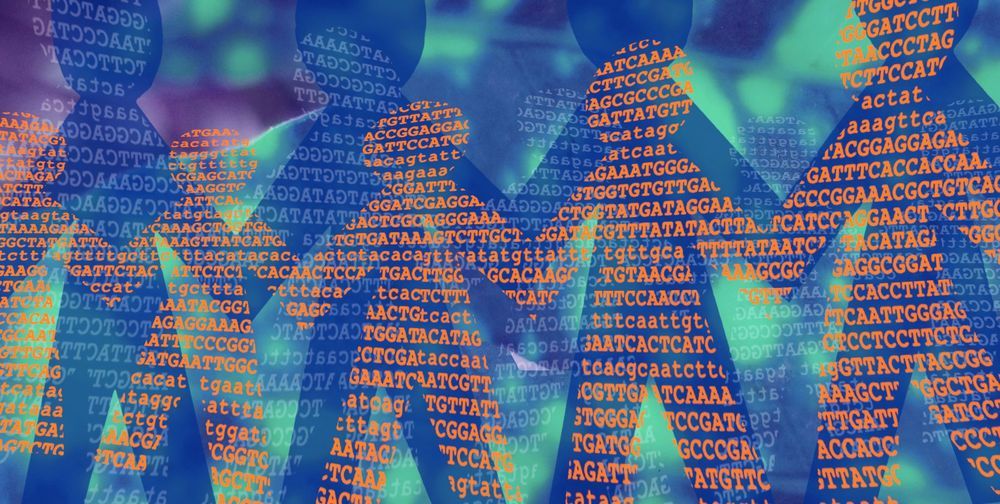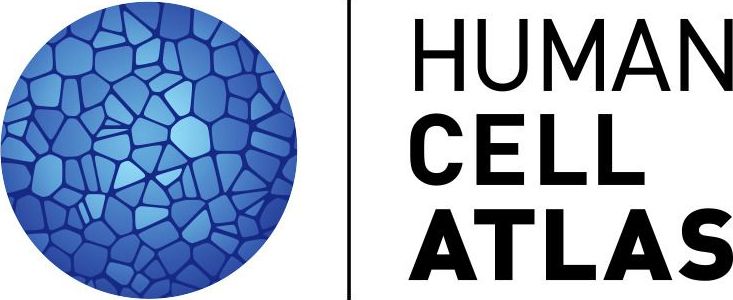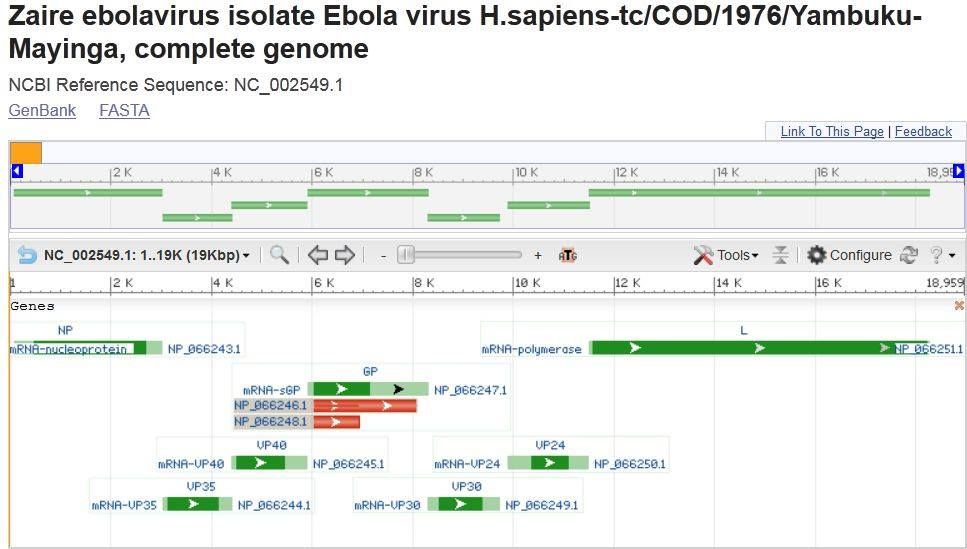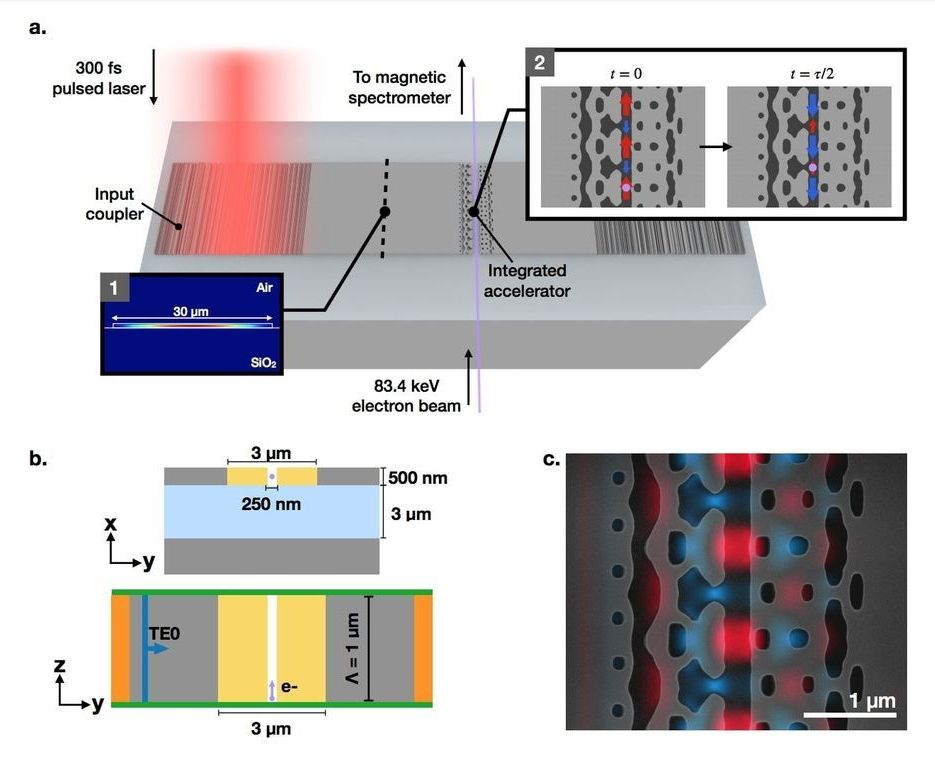Although NIST has now published the data needed to generate match statistics for NGS-based profiles, other hurdles must still be cleared before the new technology sees widespread use in forensics. For instance, labs will have to develop ways to manage the greater amounts of data produced by NGS. They will also have to implement operating procedures and quality controls for the new technology. Still, while much work remains, said Peter Vallone, the research chemist who leads NIST’s forensic genetics research, “We’re laying the foundation for the future.”
DNA is often considered the most reliable form of forensic evidence, and this reputation is based on the way DNA experts use statistics. When they compare the DNA left at a crime scene with the DNA of a suspect, experts generate statistics that describe how closely those DNA samples match. A jury can then take those match statistics into account when deciding guilt or innocence.
These match statistics are reliable because they’re based on rigorous scientific research. However, that research only applies to DNA fingerprints, also called DNA profiles, that have been generated using current technology. Now, scientists at the National Institute of Standards and Technology (NIST) have laid the statistical foundation for calculating match statistics when using Next Generation Sequencing, or NGS, which produces DNA profiles that can be more useful in solving some crimes. This research, which was jointly funded by NIST and the FBI, was published in Forensic Science International: Genetics.
“If you’re working criminal cases, you need to be able to generate match statistics,” said Katherine Gettings, the NIST biologist who led the study. “The data we’ve published will make it possible for labs that use NGS to generate those statistics.”
Read more

